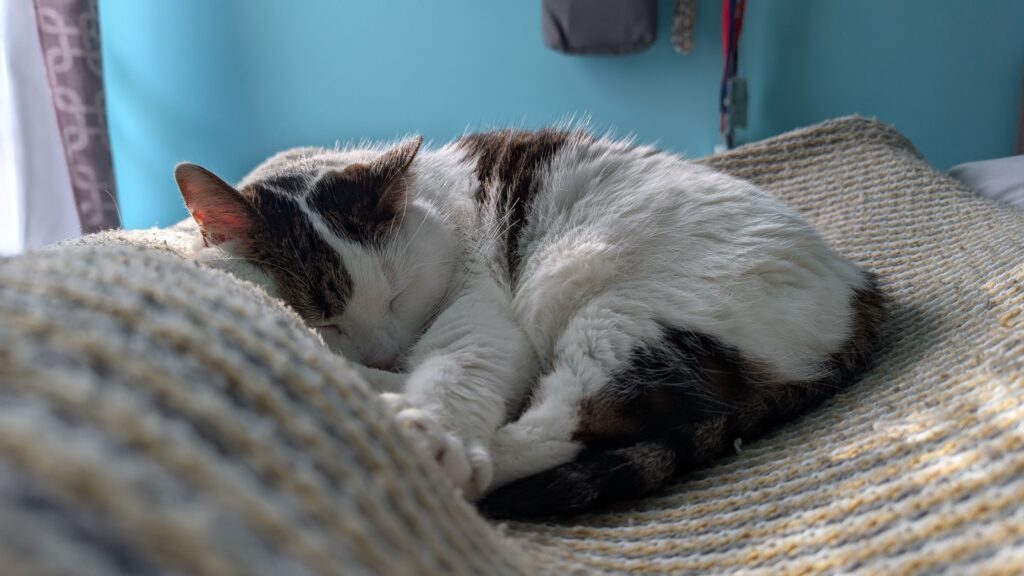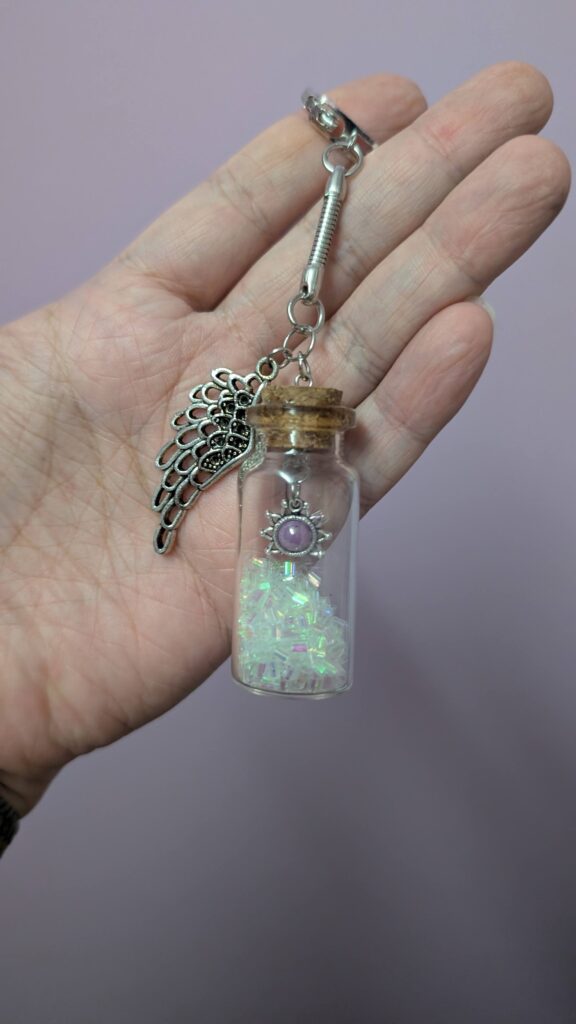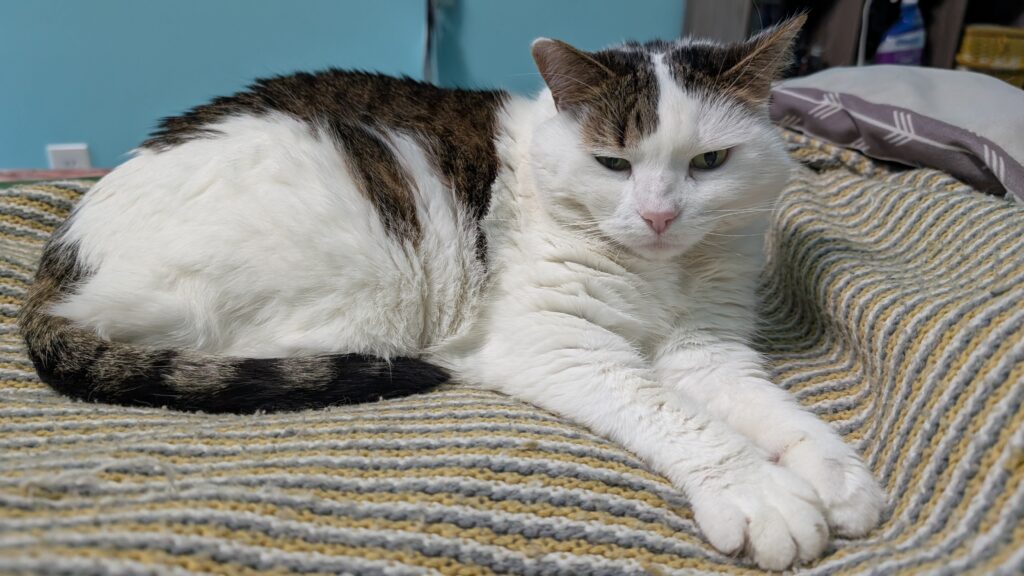Because I made it through January without crashing 1As a result of working on the fun stuff, anyway I get an extra five minutes a day to work on things! Up from 15 minutes to 20! I am, unfortunately, not able to do that consecutively yet, so I’m doing two chunks of 10 minutes a day.
Also I guess we’re down to every two weeks? Whoops.
The trilogy
You know what I didn’t do the first pass on this? Explain literally anything about how this world worked or established anything other than what directly applied to what was happening in the story at the time. So now I’m adding four new chapters that are mostly being used to set up the world and give some more foundational characterizations for these people.
Which, well, lets hope that the pacing isn’t too much of an issue. I’m trying to make sure there’s still stuff happening, but also I’ve been reading more lately and I’m realizing how little I allow myself to go on tangents compared to some other authors. I really need to let myself have some fun tangents more often.
Fantasy RPG
I have made notes for a puzzle/level. I’m still not sure what engine I’m building this in or a lot of the details about the story or a lot of stuff really, but I do now have notes for a scenario where a party gets trapped in a school and has to escape. Technically I could use this in a couple places, but for right now it’s sitting in the Fantasy RPG idea.
The spreadsheet
In case you weren’t aware, I’ve had Long Covid for a while now. Since 2022, in fact! One of the things that comes with that for me was chronic fatigue, which has been very hard to manage. For the past couple years I’ve been living my life off of a spreadsheet and I’ve finally started working on a version of it that other people can use. It’s not done yet and it needs some adjustments 2I hard coded so many things, you guys. SO MANY. but I’m hoping that it won’t take too long to get it ready.


